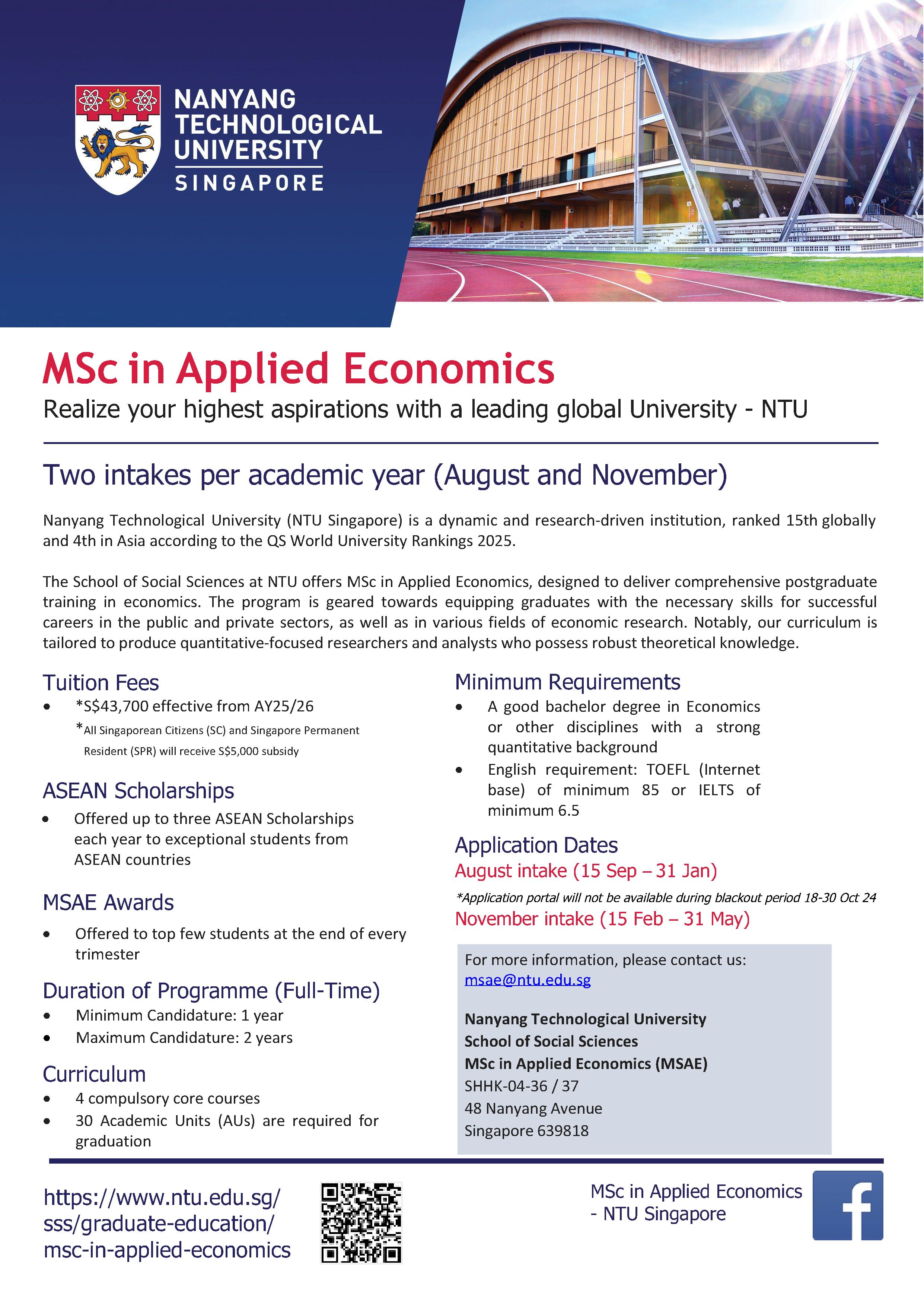Ring-theoretic properties of affine and graded Hecke algebras
Abstract
After recalling how Hecke algebras occur in the representation theory of reductive groups, we will introduce affine Hecke algebras through a combinatorial object called a root datum. Through a worked example we will construct a filtration on the affine Hecke algebra from which we obtain the graded Hecke algebra. This has a role analogous to the Lie algebra of an algebraic group.
We will discuss star operations on these rings, with a view towards the classical problem of studying unitary representations of reductive groups.


